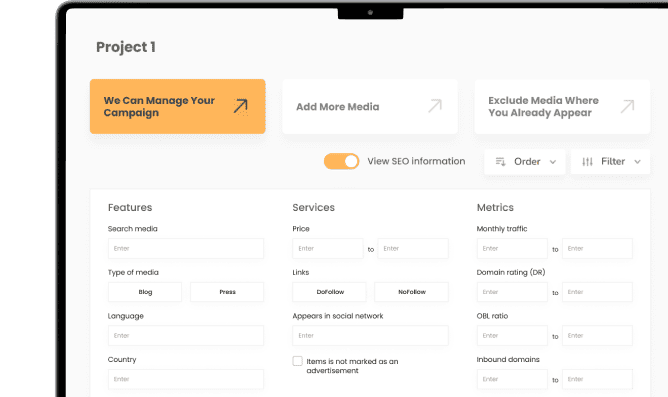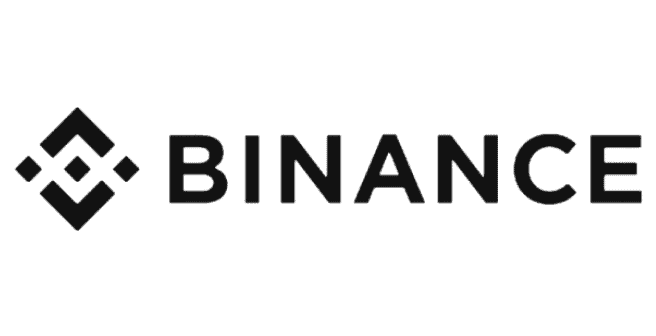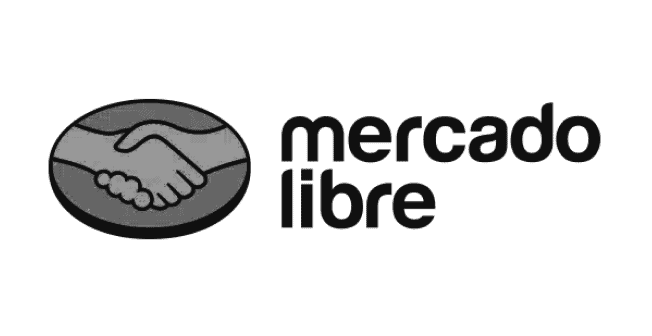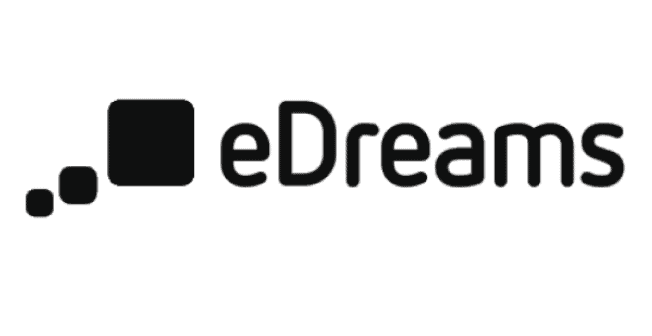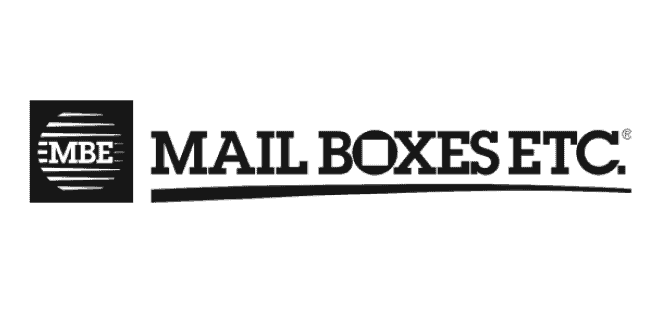When We Started Doing SEO in the Education Sector, We Realized Something Important: Link Building Isn’t Just Necessary—It’s Essential
Whether you manage a university, an online academy, or a vocational training platform, if you’re not earning quality backlinks to your website, you’re losing visibility (and enrollments) to your competitors.
This guide shares what’s actually working in 2025 to get backlinks that power up educational projects.

Why Is Link Building Crucial for Educational Websites?
Google needs signals to determine which websites deserve to rank at the top. And backlinks are still among the most powerful. In the education sector, backlinks are also a clear sign of trust and authority. If a university, an industry publication, or a reputable institution links to your site, the message is: this is legit.
The challenge? Competition is fierce. More and more educational institutions are investing in SEO, and many already have a clear advantage due to their age and reputation. A solid link building strategy can help level the playing field.
Unique Traits of Link Building in the Education Sector
Link building in the educational world comes with its own nuances:
- .edu domains often have very high authority, but getting backlinks from them is tough without a clear value proposition.
- Educational institutions are slow to respond, so mid-to-long-term strategies are key.
- Many schools have valuable resources that aren’t optimized for attracting links.
- There’s major opportunity in creating link-worthy content that genuinely helps students, educators, or researchers.
The Most Valuable Types of Backlinks for Educational Sites
This is where being selective pays off. In the education sector, the most impactful links include:
- Backlinks from .edu domains: They’re not magic, but when used well, they offer real value. You’ll only earn them by offering useful, well-structured content.
- Blogs and media outlets focused on education: Many accept guest posts, interviews, or mentions. The key is to offer genuine value.
- Academic portals and directories: Some list courses, tools, or institutions. If you know how to find them, they’re an easy win.
- Press and media: Local outlets, digital magazines, and industry publications are always seeking relevant content. If you stand out for something unique, you can earn both attention and links.

Effective Link Building Strategies for the Education Sector
Here are some of the strategies we’ve seen work best:
1. Guest Posting on Industry Blogs
Writing guest posts on blogs related to education, edtech, or e-learning is a great way to earn relevant backlinks. Focus on original, well-structured articles that provide real value to readers—without being promotional. Titles like “5 Digital Tools to Improve Classroom Learning” tend to work well. Ideally, include one or two naturally embedded contextual links.
2. Collaborating with Industry Experts
Building relationships with educators, researchers, or thought leaders can lead to many backlink opportunities. Many of them run their own websites or contribute to reputable platforms. By interviewing them, quoting them in your content, or proposing joint projects, you increase your chances of getting natural, high-authority mentions and links.
3. Creating Link-Worthy Content
Publishing content that others want to link to because it’s genuinely useful is one of the most sustainable strategies. Think: guides, infographics, interactive maps, academic calendars, and other helpful resources. The more practical and unique your content, the more likely others are to reference it. For example, an up-to-date scholarship calendar by country often attracts links from universities, student blogs, and niche media.
4. Local Link Building
If your educational project has a physical presence or focuses on a specific region, local backlinks are key. Look for local media, blogs, directories, and organizations that accept links to schools, academies, or community initiatives. Press releases, community collaborations, and resource listings are all great ways to get local links. These not only build authority but also boost your local search rankings.
5. Strategic Testimonials and Reviews
Offering testimonials or reviews of tools and services you use in your educational environment can be a solid source of backlinks. Many companies publish these testimonials on their websites, often linking back to the author or institution. You can also contribute to platforms that accept user reviews or collaborative content, earning valuable mentions without having to create long-form content.
6. Reclaiming Unlinked Mentions
It’s common for educational projects to be mentioned in articles, forums, or on social media without a link. Tools like Ahrefs, Semrush, or BrandMentions help identify these mentions. Once found, you can politely reach out to the site owner or author and request that they add the appropriate link. If the mention is already positive, your success rate tends to be high.
Common Link Building Mistakes in the Education Space
Here are some pitfalls we’ve learned to avoid through experience:
- Prioritizing quantity over quality: Ten good backlinks are better than a hundred weak ones.
- Having no link-worthy content: If your site doesn’t offer real value, your outreach emails will be ignored.
- Forcing links on unrelated sites: Don’t try to place a math course link on a gardening blog—it makes no sense.
- Failing to measure results: Without data, you’re operating in the dark.

How We Measure the Impact of Educational Backlinks
When evaluating a campaign, we look at:
- The Domain Authority (DA or DR) of the linking sites.
- The estimated organic traffic of the referring domains.
- The topical relevance of the linking content.
- The link placement (we prefer links within the content body).
- The anchor text, ensuring it’s natural and not over-optimized.
On our own site, we track:
- Increases in organic traffic (via Google Analytics).
- Improved keyword rankings (via Google Search Console).
- New referring domains (via Ahrefs or Semrush).
Final Thoughts: Think Like an Educational Communicator, Not a Salesperson
Educational link building takes time, strategy, and empathy. It’s not about blasting mass emails—it’s about building relationships, creating genuinely helpful content, and offering something of real value.
Our best advice: approach link building as an educational communicator. When you contribute quality content that solves real problems, the backlinks will come naturally.

